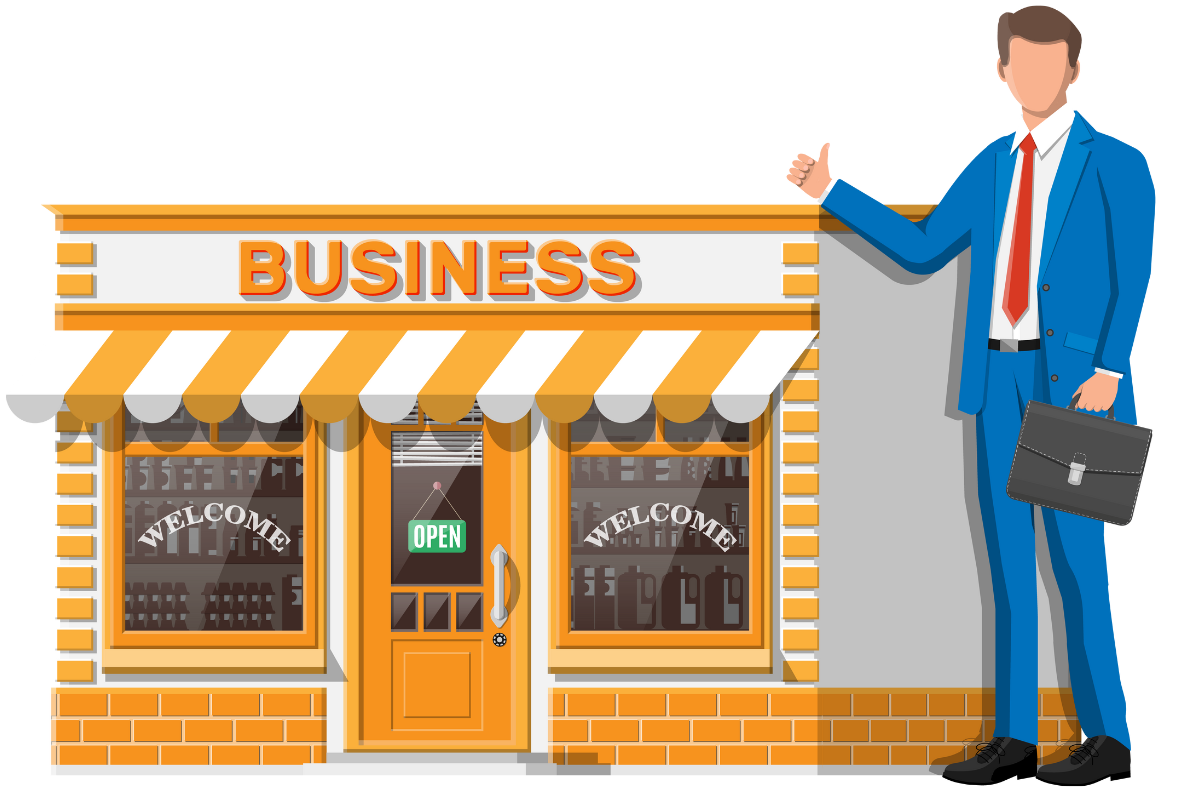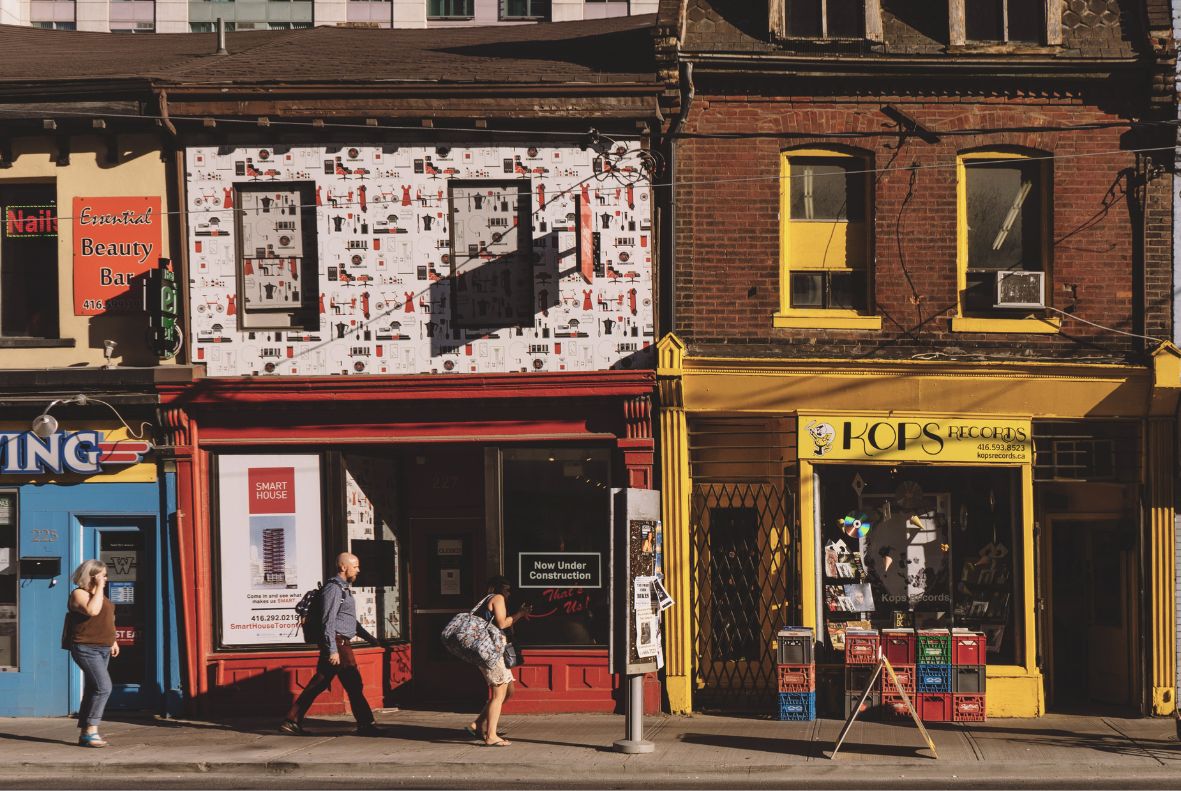Cheap Commercial Property Insurance
- Search 25 commercial property insurance providers
- Quick and easy quote system
- Free and unbiased comparison

Commercial Property Insurance: FAQs
Q. Do I legally need commercial property insurance?
A. No, commercial property insurance isn’t legally required, but it’s a smart move. Some mortgage lenders require proof of this insurance before they approve a loan, but aside from this the insurance works to protect you financially from fire, flooding, theft, and liability.
Q. I’ve paid off the mortgage on the building - do I still need the insurance?
A. Again, it’s up to you if you decide to take out commercial property insurance. Owning the building outright means you might be in a better financial situation if something goes awry, but if it's catastrophic you could find yourself rebuilding from scratch. Check our page on What’s Covered for the kind of cover you can get with commercial property insurance.
Q. What affects the cost of commercial property insurance?
A. There are a few things which are likely to influence the cost of your insurance, including:
- The nature of the business. A multi-storey building used as an office environment is typically going to be cheaper to insure than a large warehouse full of machinery.
- The construction of the property. Older buildings, bigger buildings, and buildings built with more expensive materials increase the risk of repairs or replacement, making the premium higher.
- Where the business premises are located. Areas posing a high risk of floods, fire, or crime, will likely increase the premium.
- The security of the building can lower the risk, and lower the premium. Installing fire alarms and security systems can make a good difference.
- Your previous insurance claims. More past claims tends to mean bigger future premiums.
- The type and kind of cover you choose. Additional features and more detailed cover will influence the price of commercial property insurance.
Q. Who is responsible for getting commercial property insurance?
A. The responsibility falls to the person who owns the property - the landlord, not the tenant. They have an ‘insurable interest’ due to the losses they can face.
Q. Can I insure an empty building?
A. If your commercial property is unoccupied, it means there’s probably a higher risk of break-ins or vandalism. It’s important to let the insurer know if your property becomes vacant so that they can continue to cover you for the time it’s unoccupied, like during renovation.
However, it can be difficult to get unoccupied commercial property insurance. The policies often come with higher premiums and more restrictive terms than a standard policy, especially if your property is going to be vacant for an extended period of time.
Other commercial property articles which you may be interested in...
 Commercial Property Insurance: What's Covered? -
A closer look at the type of cover you can expect from your commercial property insurance.
Commercial Property Insurance: What's Covered? -
A closer look at the type of cover you can expect from your commercial property insurance.

